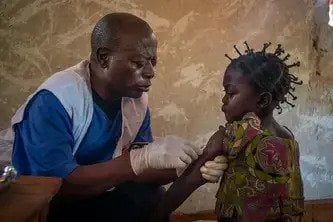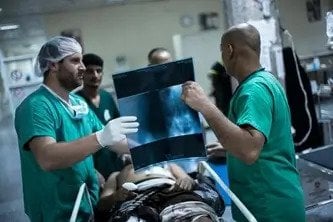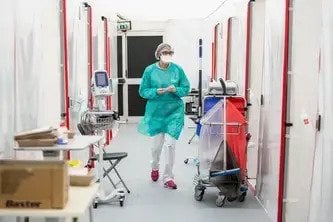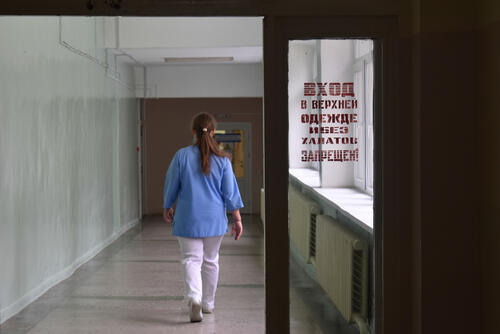In Belarus, we are supporting the national tuberculosis programme by assisting in the roll out of a shorter and all-oral treatment regimen for drug-resistant tuberculosis.
Our activities in 2023 in Belarus
Data and information from the International Activity Report 2023.
37
37
1.7M€
1.7M
2015
2015
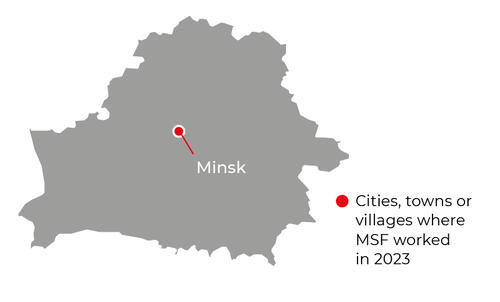

220
22
- Try a different country, year, format, or topic.
- Clear one or more filters
